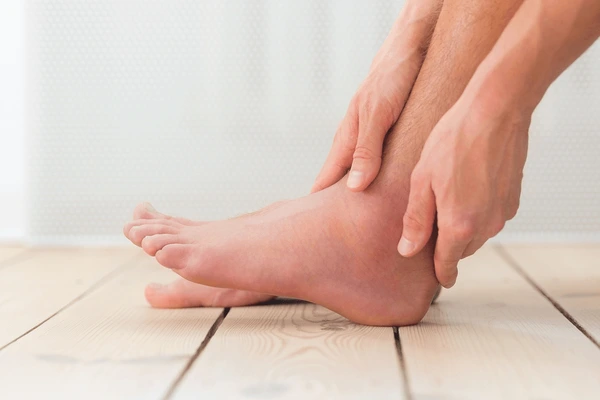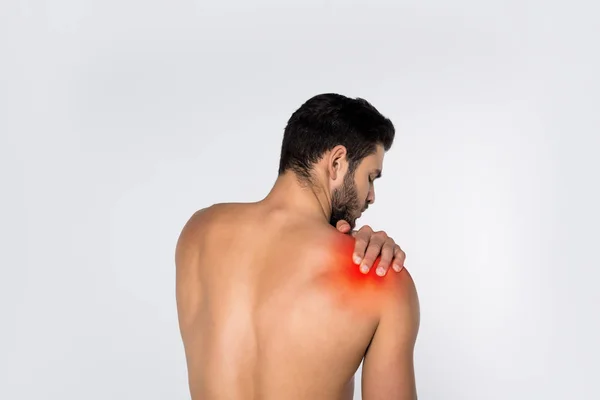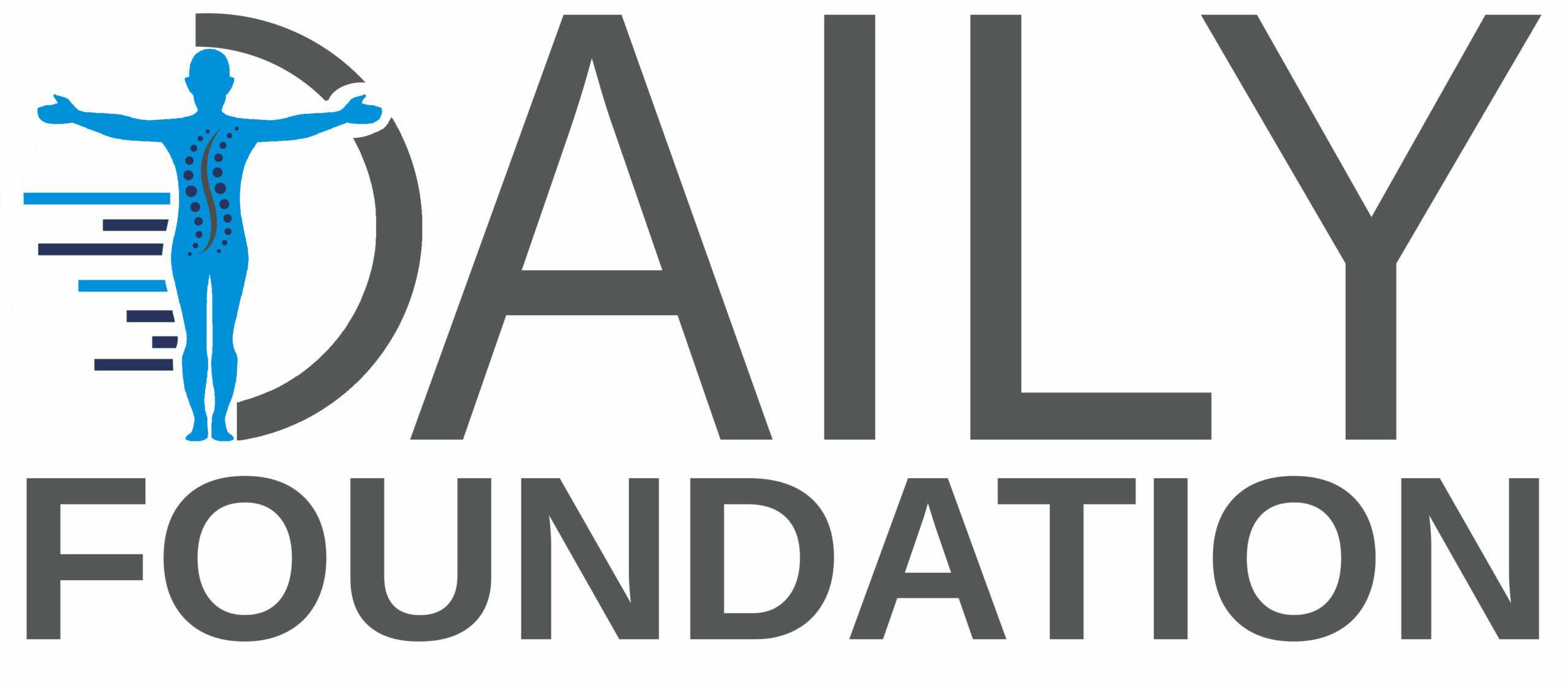A minor ache or pain may seem like nothing to worry about. But do you really know what damage you’ve done to your body?
A slip, a trip, a fall. An injury can occur after even the most innocuous of accidents. If the pain seems mild or you’re not sure what damage you’ve done, it may be tempting to rest for a while, shake it off and then carry on as normal.
However, the harm you may have caused to your body won’t always be visible from the outside – and ignoring that niggling pain could worsen the damage.
Pain and swelling in the knee

Sudden pain, a loud snap or swelling could be caused by a torn ligament in your knee. If you continue to walk around as normal, there is a chance your knee will develop persistent swelling, instability and permanent cartilage damage – which, in the long run, may lead to a more serious degenerative joint disease.
Lower back pain

If you are suffering from pain in your lower back, it could be caused by a slipped disk. As the disk puts pressure on the nerves and blood vessels around it, it causes pain and numbness across one side of your body or down your arms and legs, which can worsen at night. Ignoring this injury may result in poor posture, regular muscle spasms or permanent nerve damage.
Twisted ankle

While twisting your ankle may not seem like a big deal at the time, it can cause ligaments in your ankle to stretch or tear, with the surrounding tendons, cartilage and blood vessels also at risk of damage. You may experience symptoms such as swelling, bruising, tenderness, stiffness and pain. If the sprain doesn’t heal properly, it is possible for your ankle to become permanently unstable. And if you continue to walk on it as normal, you may develop a limp or cause permanent cartilage damage.
Shoulder pain

Your shoulder joint is made up of a group of 4 muscles and connecting tendons. It is possible to tear one of these tendons after a fall, through repetitive arm motions or by lifting something heavy. This may make lifting your arm painful, or cause a clicking or popping sound when you move your shoulder. Ignoring the pain can lead to chronic pain, inflammation and stiffness in the joint.
What should I do if I think I injured myself?
Getting diagnosed early is important. In the event of an injury, go to your nearest Urgent Care Centre (UCC), where your injury will be assessed and you might be referred to a specialist for further diagnosis and treatment.
Leaving a minor injury too long may increase your risk of developing a long-term condition or chronic pain. Further down the line, you may need expensive reconstruction surgery to fix the problem. In extreme cases, this damage may be irreparable.
Most of us have heard of the R.I.C.E rule for sprains and strains – rest, ice, compression, elevation – but this isn’t a catch-all solution for minor aches and pains. Rather than just resting up at home, a trip to the doctor is important to clarify exactly what you’ve done, and how best to treat it.
“Diagnosis tells us the severity of the injury, what you can do to speed recovery and what you should avoid doing so as not to worsen your condition,” says Dr Dutton. “You can also learn more about different treatment options as well as how long the recovery process may last for you.”
What can I expect when I go to the doctor?
Your doctor may conduct a clinical examination, x-ray or MRI scan to determine the cause and severity of the injury. Dr Dutton explains that diagnosis is most important to find a suitable treatment option. As every individual is different, it is important to find a treatment option and gentle exercises that suit you.
Common treatment options include medications, heat and ice therapy, physiotherapy, injections, and splints or braces. In more serious cases, keyhole surgery may be required.
Without proper diagnosis and treatment, minor symptoms may worsen. Any injury should not be taken lightly. Consult an orthopedic specialist for advice.
